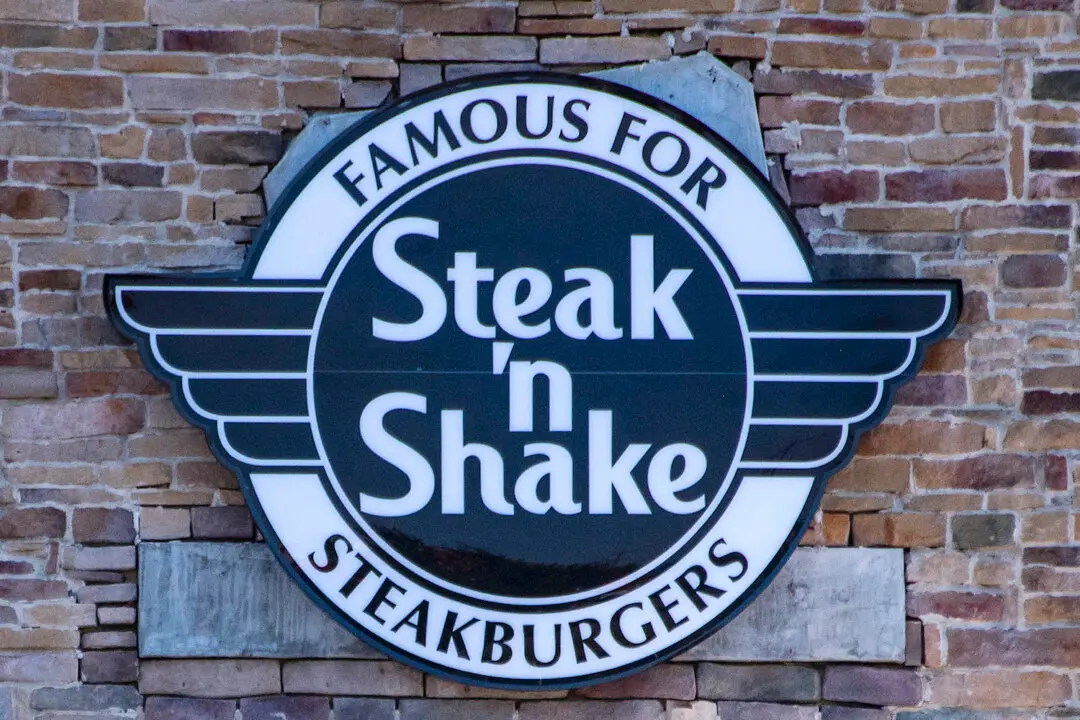A newly released survey by ResumeTemplates.com indicates that 75 percent of graduating college seniors have not yet secured employment, and 34 percent have not even started to apply for jobs. Of the latter group, almost 25 percent say they feel too overwhelmed to even begin the search.
The survey included 378 students graduating from either a four-year (78 percent) or two-year college program.





